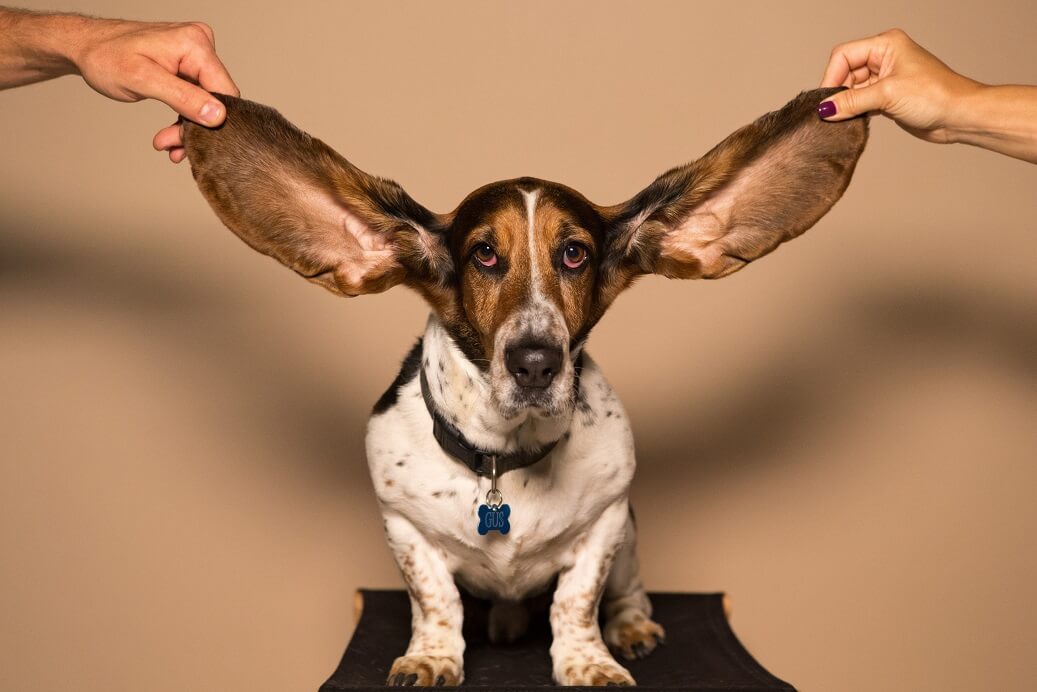Intro
Sleep apnea is a serious condition that can have many dangerous implications if left untreated. It can lead to high blood pressure, heart disease, and stroke. If you're experiencing symptoms of sleep apnea, it's important to seek medical help. But what kind of doctor should you see for sleep apnea? In this blog post, we'll discuss the different types of specialists who can diagnose and treat sleep apnea, so you can get the help you need.
Understanding Sleep Apnea
Sleep apnea is a common sleep disorder that affects millions of people around the world. It occurs when the muscles in the back of the throat fail to keep the airway open during sleep, causing a person to stop breathing for short periods of time. These interruptions in breathing can happen several times throughout the night, which leads to disrupted sleep and a range of other health problems.
There are two main types of sleep apnea: obstructive sleep apnea (OSA) and central sleep apnea (CSA). OSA is the most common form of sleep apnea and occurs when the muscles in the back of the throat relax and collapse during sleep. CSA is a less common type of sleep apnea that happens when the brain fails to send the proper signals to the muscles that control breathing.
It's important to note that snoring is not always indicative of sleep apnea, but it can be a symptom. Other symptoms of sleep apnea include daytime fatigue, morning headaches, irritability, and difficulty concentrating. If left untreated, sleep apnea can lead to serious health problems, such as high blood pressure, heart disease, and stroke.
If you suspect that you may have sleep apnea, it's important to seek medical help as soon as possible. In the next section, we will explore the types of doctors who treat sleep apnea.

Common Symptoms of Sleep Apnea
Sleep apnea is a condition where an individual's breathing is repeatedly interrupted during sleep. It can lead to poor quality sleep, daytime fatigue, and other complications. Knowing the common symptoms of sleep apnea is important so that you can identify the condition early and seek treatment.
The most common symptoms of sleep apnea include loud snoring, gasping or choking during sleep, and waking up with a headache. Individuals with sleep apnea may also experience excessive daytime sleepiness, difficulty concentrating, and irritability. They may also wake up with a dry mouth or sore throat.
Other symptoms of sleep apnea may include insomnia, restlessness during sleep, and frequent trips to the bathroom at night. If you notice any of these symptoms, it is important to speak with a medical professional who can help you diagnose and treat sleep apnea.
Keep in mind that not all individuals with sleep apnea exhibit all of these symptoms, and some may not experience any noticeable symptoms at all. However, untreated sleep apnea can lead to serious health complications, such as high blood pressure, heart disease, and stroke. Seeking medical help early on can prevent these complications and improve your overall health and well-being.
Importance of Seeking Medical Help for Sleep Apnea
If you suspect that you or a loved one has sleep apnea, seeking medical help is crucial. Sleep apnea is a serious sleep disorder that causes interrupted breathing during sleep, leading to a range of health problems such as heart disease, high blood pressure, stroke, and diabetes.
Untreated sleep apnea can also impact your daily life, causing excessive daytime sleepiness, difficulty concentrating, irritability, and even depression. Seeking medical help for sleep apnea can improve your overall health and quality of life.
It is essential to consult a healthcare professional to diagnose sleep apnea accurately. A sleep specialist can perform a sleep study to monitor your breathing and other physiological functions during sleep to determine if you have sleep apnea. Once diagnosed, the doctor can prescribe appropriate treatment options, which may include continuous positive airway pressure (CPAP) therapy, lifestyle changes, or oral appliances.
Don't ignore the symptoms of sleep apnea, such as snoring, gasping for air, or restless sleep. Seek medical help promptly to receive the necessary treatment and improve your sleep quality and overall health.
Types of Doctors who Treat Sleep Apnea
If you suspect you have sleep apnea, it's important to see a doctor who specializes in sleep medicine. There are several types of doctors who can diagnose and treat sleep apnea, including:
- Sleep Medicine Specialist: A sleep medicine specialist is a medical doctor who specializes in the diagnosis and treatment of sleep disorders. They have extensive training in sleep medicine and are experts in diagnosing and treating sleep apnea.
- Pulmonologist: A pulmonologist is a medical doctor who specializes in the diagnosis and treatment of lung and respiratory conditions. They can also treat sleep apnea, as the condition can have an impact on breathing and the respiratory system.
- Otolaryngologist: An otolaryngologist, also known as an ear, nose, and throat (ENT) doctor, specializes in the diagnosis and treatment of conditions related to the ear, nose, and throat. They can also diagnose and treat sleep apnea, as it can be caused by issues with the airway.
- Neurologist: A neurologist is a medical doctor who specializes in the diagnosis and treatment of conditions related to the nervous system, including sleep disorders. They can also treat sleep apnea, as it can be caused by neurological issues.
It's important to find the right specialist for your sleep apnea treatment. Your primary care physician can refer you to a sleep specialist or you can search for a sleep center near you. Don't wait to seek treatment for sleep apnea, as it can have serious health consequences if left untreated.
Finding the Right Specialist for Your Sleep Apnea Treatment
When it comes to finding the right specialist for your sleep apnea treatment, there are a few options to consider. One of the most common specialists for treating sleep apnea is a sleep medicine physician. These doctors have extensive training in diagnosing and treating sleep disorders, including sleep apnea. They may also work in conjunction with other specialists such as pulmonologists or ear, nose, and throat doctors.
Another option to consider is an otolaryngologist, or an ENT doctor. They specialize in treating conditions related to the ears, nose, and throat, and may be able to provide treatments such as nasal surgery to help alleviate sleep apnea symptoms.
Additionally, a pulmonologist may be able to provide specialized treatment for sleep apnea. These doctors specialize in treating conditions related to the respiratory system, including sleep apnea.
Ultimately, the best specialist for your sleep apnea treatment will depend on your specific symptoms and medical history. It’s important to work closely with your primary care physician to determine the most appropriate course of treatment and which specialist may be best suited to help manage your sleep apnea symptoms.







